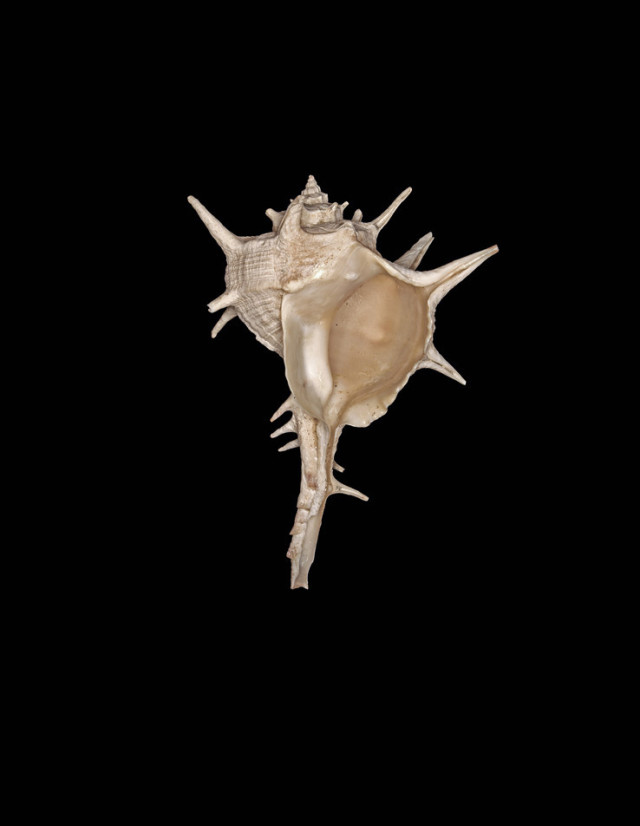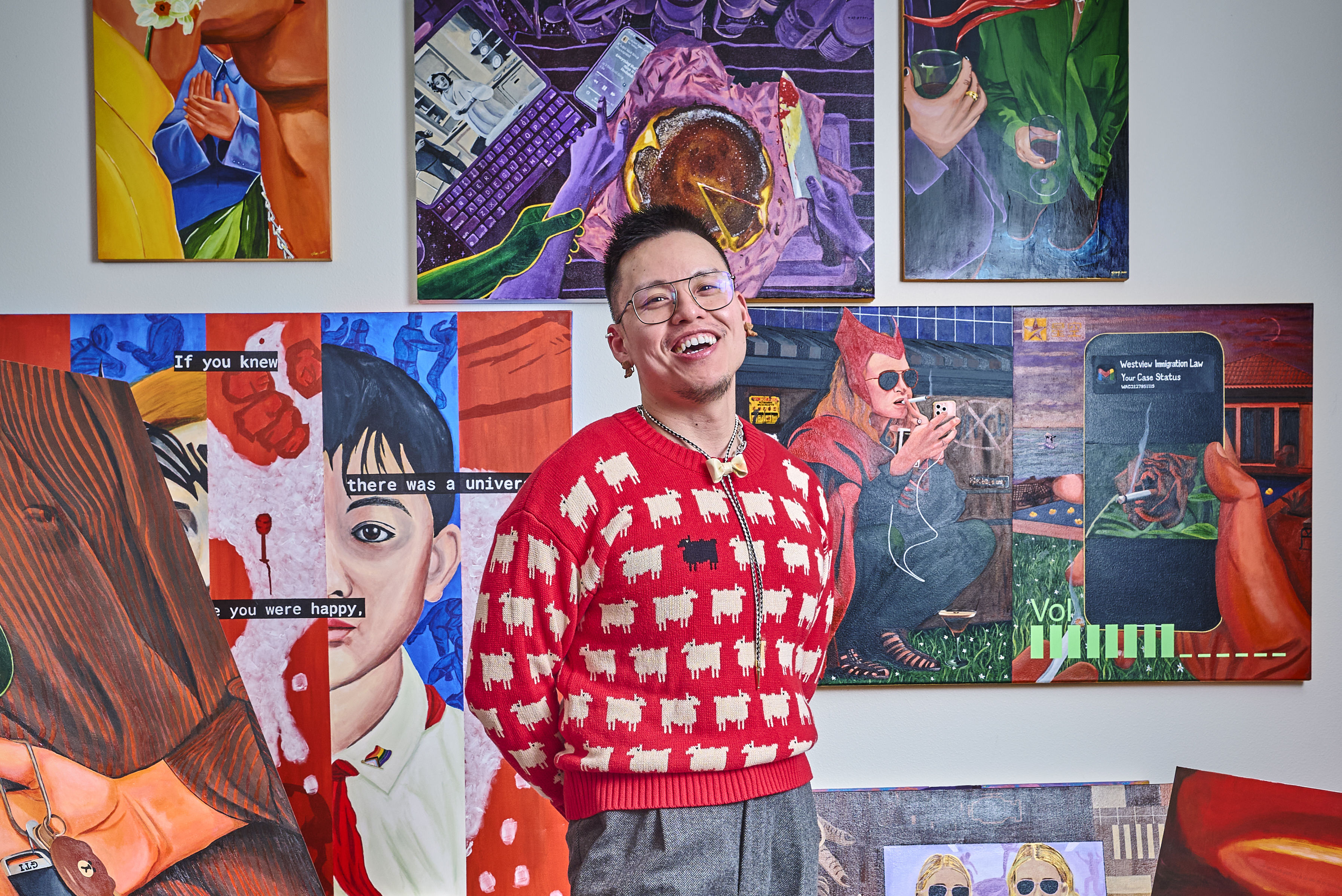There is A Certain Kind of Woman

“I need a man,”
Cindy said to me this Monday evening as we stood smoking on the shared balcony, a bastard breeze blowing in from the Mojave. Cindy was the kind of woman who eyes the fix of her lipstick in the rearview mirror while smoking a cigarette, driving a convertible, and letting the wind style her hair. “Good man, bad man, I need a benefactor.” Sometimes she brought out a catalog from Neiman Marcus and showed me pictures of stuff she wanted: crystal goblets, this $3,000 alligator purse she was obsessed with—even a diamond tiara. “Imagine sitting on the john with that on,” she had said. She had the apartment next to mine at 5501 Beachwood.
My smoking habit was a leftover from high school when I had rebelled not so much against my parents but against my older sister, Priya, who was a straight-A, Ivy League–bound National Merit Scholar. She actually won the damn thing. Her picture in the local paper still haunts me—that long black hair of hers, parted to the side, and her gluey eyes that didn’t know how to focus without her glasses on.
“When are you going to introduce me to your dad?” Cindy had seen me drive off with my father in his butter-yellow Mercedes.
“Keep your hands off my father,” I told her.
She laughed, eyeing me. “Tough girl looks good on you.”
“Yeah, back off, bitch,” I said.
She laughed even harder. I liked that. When you grow up as a nice Indian girl, you have to practice rolling words like “bitch” and “fuck” around in your mouth, where they clink against your teeth like cold marbles. You have to practice smoking, too, and I still felt like the cigarette was more a prop than an addiction.
“Hook me up,” she said as we stubbed out our cigarettes. Cindy never revealed her age, but I guessed—and I think pretty accurately—that she was just over 40. She thought I was cute and stupid at 23. She thought my sometimes boyfriend, Ziggy, was cute and stupid, too. When I told her we were polyamorous, she said it was the stupidest thing she ever heard of. “He’s going to knock your teeth in the day he finds out you were with someone else.”
“No,” I insisted. The truth was, I wasn’t interested in being with anyone else. I got lost in his eyes—100 percent smoky brown quartz—wondering if I was falling in love with him, which might not be a good thing. Ziggy understood the depths of my pessimism about the future.
Dad and I had a standing tennis date on Thursdays at his racquet club in Malibu. The drive from Hollywood to Malibu was long enough that we actually had to talk. “I have someone I want you to meet,” I said. We were in the canyon, and the rolling hills had greened up with all the rain and there was a hawk soaring not too far up and I hoped I would see it dive down and catch something.
“Not one of your crazy actors?”
I had shared too many stories from my job as a stage manager at an equity theater in Hollywood.
“No, she’s nice. She’s biracial. She likes to bake.” Which was true. Cindy baked a delicious chocolate cake. I had eaten it twice now.
Dad had made a lot of money in medical technology. He started wearing jeans after my mother died. He made other changes that surprised me and disgusted Priya, who was no longer speaking with him. He sold our family house and bought a penthouse condo on Millionaire’s Mile in Westwood. He hired a decorator. Priya and I didn’t know he even knew what a decorator was. For all our years growing up, we lived with furniture from Macy’s.
“Let the man have some fun,” is what I said to Priya as she glared at me over the omelets we had ordered at the diner near my apartment. She had driven on a Sunday morning from Orange County, where she lived and worked as a corporate tech supervisor, to discuss the “Dad situation.” We had just learned about the eHarmony account.
“Fifty percent of second marriages result in failure,” she told me. I stared through the panes of her LensCrafters glasses into those muddy clay eyes I knew so well.
“So 50 percent succeed, Miss Math Genius?”
Our mother never applied makeup, except for the black kajal of her underlids, and, with her knitted brow and love of all things red, blue, green, and yellow plastic, had loved us equally. That I knew. She hadn’t wanted to die. She had wanted to stick around to see us get married, but cancer ate her up, a quick, easy meal. Both Priya and I wept. There was no competition in our grief.
“You will see,” Priya had warned the morning of our breakfast. “You act so cool about all of this, but you won’t find it funny or cool when the new Mrs. Rahman cuts us out of Dad’s life.”
“That’s how it is on this bitch of an earth.”
“Is that supposed to be funny?”
“It’s Beckett. He was much funnier than I could ever be.”
“Be that way.” We had split the bill evenly, although I should have paid—she had driven all the way from Orange County. Still, she was the one with problems, not me.
Dinner was set for Saturday evening. Cindy came over in the afternoon and watched me cook while she did her nails. “You’re bringing the cake, right?”
“Just needs frosting, baby girl.”
She looked around the windowless living room that doubled as a storage closet.
“Wow, you clean up or something?”
“Yeah.” I had developed a bad habit of rescuing discarded fabric remnants; I had small hills of them sitting on my chairs and sofas and in overstuffed cardboard boxes, thinking one day I would get into costume design. My mother had taught me how to sew when I was in junior high, but now I couldn’t bring myself to even thread a bobbin. The living room was so thick with stuff the only place left to sit was at the kitchen table. I had spent the whole morning transferring the piles into my bedroom.
I sliced an onion into thin ribbons and prepped cauliflower, peppers, zucchini, eggplants, and potatoes. I washed the basmati rice and de-stemmed the cilantro. I was making my mother’s signature vegetable biryani, a weird choice, I had to admit, since I was setting my Dad up with Cindy, but it was the one dish I was confident I could pull off.
“Don’t let Dad know you smoke,” I said, watching Cindy lay down a thick layer of purple enamel. “What color is that?” I had to ask. She held the bottle up and stared at the bottom. “Eggplant surprise.”
“Does he have that prostrate thing?” she asked me.
“He’s good. He’s only 53.”
“Hallelujah,” she said.
It was the same old Ziggy who came to dinner, jeans and T-shirt and blond dreadlocks, but it was a different Cindy and Dad. She was dressed in a black pantsuit and a purple silk blouse that matched her eggplant-surprise nail polish. The color set off well against her light-brown freckled skin. Dad wore a tailored jacket with a purple silk kerchief in its pocket.
“Purple people daisy eaters,” Ziggy joked, calling attention to what we were all thinking—that maybe it was a sign of some kind.
On my advice, Dad had brought an expensive bottle of champagne. We clinked glasses. Cindy oohed as the first sip raised a giggle out of her. Ziggy sat with his legs spread wide and slouched back on the couch.
“Did you know that the Phoenicians were the first to discover you could crush a local sea snail and get a purple dye out of it? It took 10,000 sea snails to dye one toga.” I was proud of Ziggy—he was a repository of esoteric knowledge.
“Purple is royalty,” Cindy said, and I imagined her sitting on her toilet in a purple robe and her diamond tiara.
Dad said the biryani rivaled my mother’s, and everyone agreed it was delicious. My father had somehow become more himself since my mother died. I thought of those pieces of twisted dead wood on which plants miraculously take root—his heart and mind, which had lived separate lives, now seemed conjoined and allowed him to quote Rumi: “Don’t let your throat tighten with fear. Take sips of breath all day and night, before death closes your mouth.”
“Oh, I love that,” Cindy said, raising her glass.
We talked about fear—about our individual fears: mine of the quicksand of bourgeois conventionality that I had seen Priya sink into, Ziggy of never making it as a musician, Cindy of poverty, and my father of death. Death. Before my mother died, I had not been afraid of death. Then it had lassoed me by the ankles and watched me fall on my face. If Priya had been at the dinner, she would have to admit she was afraid of death, too. We had both fallen at the same time.
I watched a look pass between my father and Cindy as she tantalized him with a forkful of her chocolate cake.
I saw it all then. The confession I would have to make to Priya, six or ten months down the road, when we were standing shoulder to shoulder, two sisters listening to our father’s marital vows, that I, a wannabe hipster with a boyfriend named Ziggy, stomping so hard on the person I didn’t want to be, had mindlessly crushed 10,000 sea snails, and there in the purple ooze, drowning, was the desecrated memory of our mother.




